Laikipia
An elephant can break through an electric fence by pulling out the posts, pushing younger, more stupid animals into the wire — or by simply sitting on the fence. I do hope they will play such tricks on us, now that high-voltage wires enclose most of the ranch, leaving only a few corridors for animals to pass through. The wilderness has become the territory of humans, a farm to produce food, no longer the land of elephants.
Before the second world war, when Africa swarmed with wildlife, there was a bull elephant on Kilimanjaro known as the Crown Prince. It had huge tusks. My father once tracked the Prince for many hours through the forest at great speed. He never caught a glimpse of the bull until, while taking a rest, he heard a noise and looked up to see the tip of an elephant’s trunk a few feet above him, snuffing the air. Perhaps he could have shot it but he was not hunting at the time.
Later, a German found some land in the forest high on Kilimanjaro. The soil was deep, rich and red, but the man had no title deeds to it. He farmed it as a squatter. This was around the Great Depression when even the Europeans experienced hardships in East Africa. They ate plenty of game meat and a man could make a living from shooting elephant for their ivory.
This German — his name was Hans, my mother says — had a brother called Eric, who lived down the mountain in the village of Moshi. Hans was pleased with his secret gardens in the forest and so he persuaded his brother to come up and see it. Leaving Moshi, they climbed through the country with three local men until they came to a beaten path through thick forest set about with enormous trees.
All of a sudden they stopped. Ahead of them in the dark shade of the trees stood a great bull elephant, with large tusks. He spread out his ears in a threatening display but he neither moved nor made any sound. He just stood there. The party of five men were terrified by the sight of him and they silently turned and ran.
The men descended the mountain at great speed, and began discussing how they should return the next day with a gun and a hunting license. They could both shoot the elephant and visit Hans’s cultivation. The next day they climbed up again and it was getting late when they reached the track through the forest. ‘Oh horror,’ my father used to say. ‘The great bull was there, close and above them. He screamed and came at them fast.’
The men all dived into the thick undergrowth, full of thorns and tropical stinging nettles, while a couple of them managed to climb trees. Nobody could see anything but there came a long drawn-out yell of pain and fear and then complete silence. After a long time the men began to climb down from their trees and out of the undergrowth, and to whisper. The German Eric was nowhere to be found. To save themselves, the group ran back down the mountain.
The next day a search party returned to the same spot. They searched until they found Eric. A depression had been dug out of the earth and his body had been laid at the bottom of this and then covered over with leaves. The elephant had buried him. The rescue party began to lift the body of dead Eric to carry him away, but as they did this, the elephant roared back out of the shadows. The men ran away again, and much later when they returned, they found the man’s body had been reinterred in his grave of leaves.
That was one of my father’s hunting stories, of a type he used to tell while holding a Tusker beer (invented by a brewer who was also killed by an elephant) in the evenings at home in Kenya when I was a boy. I liked his stories better than ones about American dentists shooting Cecil the Lion. Dad wrote down many of his hunting stories but he destroyed them towards the end of his life because he was so ashamed that he had killed animals. He didn’t shoot the Crown Prince but I’m sure somebody did… After he died I found among his papers these lines — perhaps not the greatest poetry, but you can see what he wanted to say:
I dreamed I went back once again
To see the wildlife on the plain —
Gazelles that shimmered in the sun,
An ostrich with her lame bird run,
Giraffe that swayed beneath the trees,
And an elephant upon his knees,
Digging for roots with his great tusk,
I heard hyena and a lion at dusk.
They’ve all gone now,
And we’ll go too, we lucky few,
Who saw it all before it went.
Victim of Man’s greed and gain
That killed the wildlife on the plain.
Got something to add? Join the discussion and comment below.
Get 10 issues for just $10
Subscribe to The Spectator Australia today for the next 10 magazine issues, plus full online access, for just $10.
You might disagree with half of it, but you’ll enjoy reading all of it. Try your first month for free, then just $2 a week for the remainder of your first year.


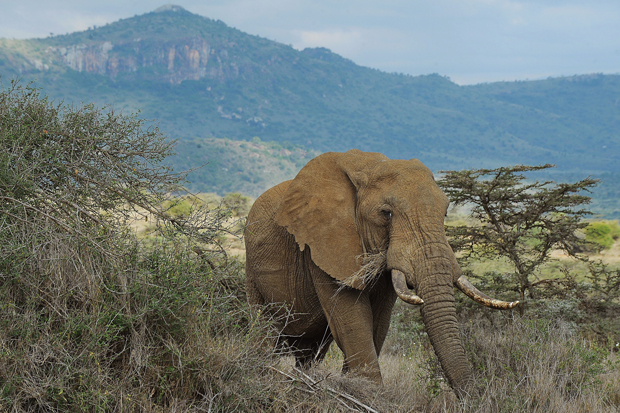

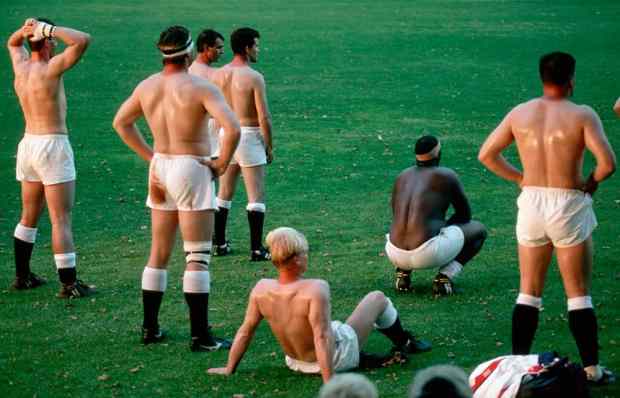
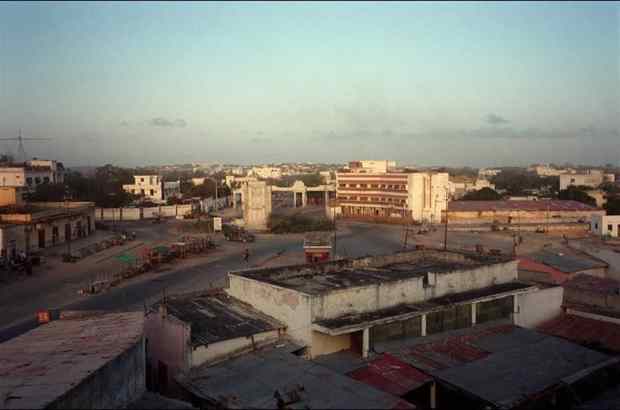
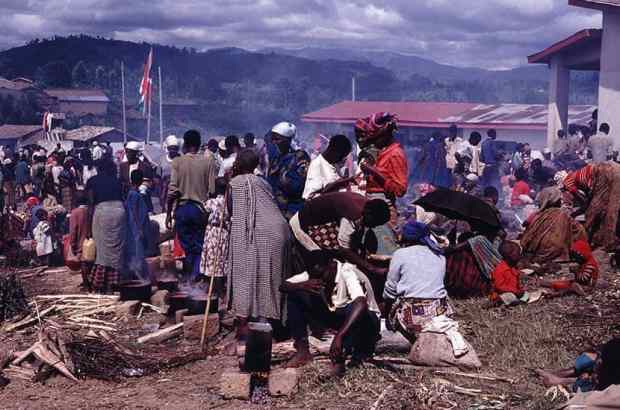
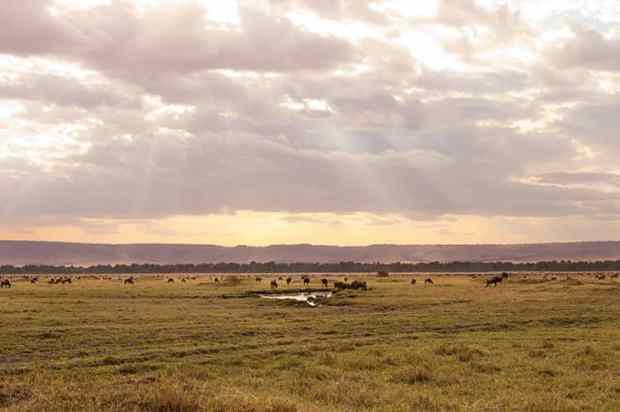







Comments
Don't miss out
Join the conversation with other Spectator Australia readers. Subscribe to leave a comment.
SUBSCRIBEAlready a subscriber? Log in